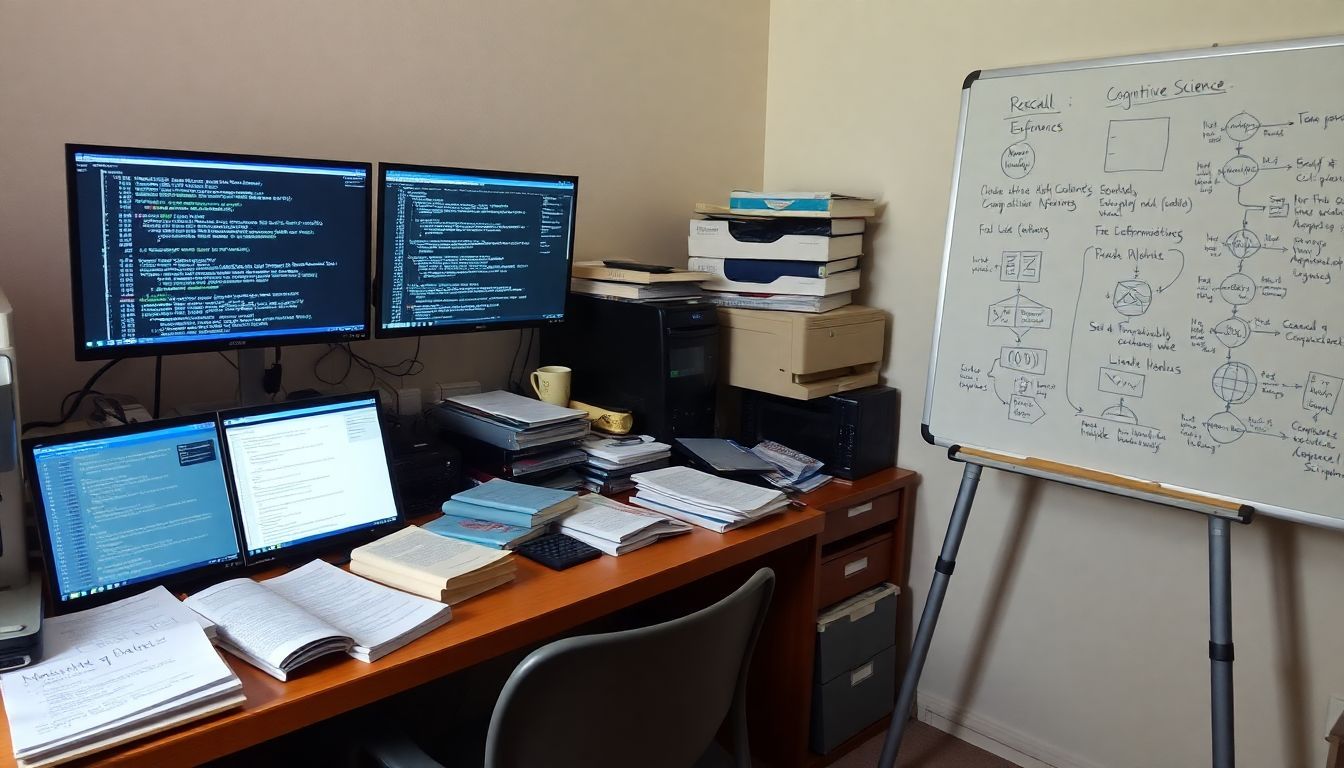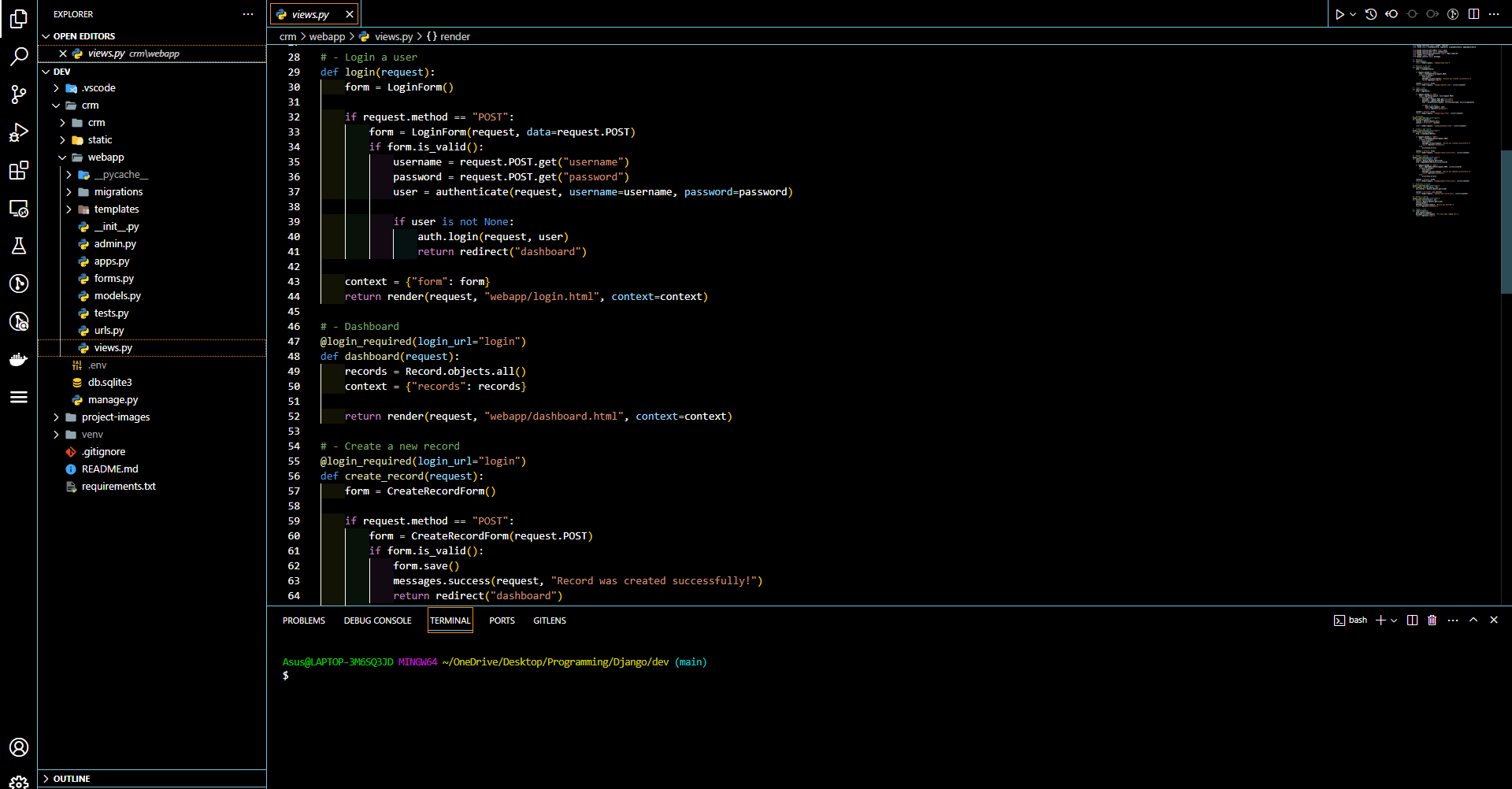Choosing between Artificial Intelligence and Computer Science can be tough. AI is a branch of computer science focused on building smart machines. This blog will explore differences and connections between them.
Keep reading to learn more.
Understanding Computer Science

Understanding Computer Science involves delving into its theoretical foundations and applied disciplines. It encompasses computer programming, algorithms, cognitive science, and more, shaping the technology sector.
Theoretical Foundations
Theoretical foundations in computer science set the ground for understanding artificial intelligence (AI). They include knowing how to work with algorithms, data structures, and mathematical analysis.
These areas help us solve problems using computers. For AI, it’s key to understand linear algebra and calculus because they let us build models that can learn from data.
Traditional computer science topics like algorithms are foundational for understanding AI.
In AI studies, balancing theory and practical use is crucial. Knowing pure mathematics and theoretical computer science helps improve AI technologies. This knowledge makes it possible to create new ways for machines to learn and make decisions.
Applied Disciplines
Moving from theory to practice, computer science covers various applied disciplines. These areas use the foundation of technology knowledge, mathematics, programming, and data analysis.
They solve real-world problems. For example, data science uses algorithms and big data to understand trends and make predictions. This is where artificial intelligence (AI) comes in too.
AI creates smart machines that can think and learn like humans.
Fields like machine learning are part of these applied disciplines. Machine learning programs teach themselves from big data how to improve at tasks without being directly programmed.
This is key for developing autonomous software that can predict or decide on its own. All these need strong skills in problem-solving and a good understanding of algorithms, which students often start building through a bachelor’s degree in computer science.
Exploring Artificial Intelligence
Exploring Artificial Intelligence reveals the inner workings of cutting-edge technology and its impact on various sectors. It reveals the strategies behind machine learning, robotics, neural networks, and computer programming, customized to enhance information technology.
Definition and Scope
Artificial Intelligence (AI) is about making computers act like humans. It copies human behaviors such as seeing, thinking, learning, and predicting. AI covers a lot of fields like artificial neural networks, natural language processing, robotics, and more.
This technology simulates how humans perceive the world and make decisions through stages including perceptual intelligence, cognitive intelligence, and decision-making intelligence.
Deep learning (DL), part of AI, uses layers of neural networks to learn better. This method helps machines understand complex patterns on their own. Fields like healthcare have seen big improvements thanks to AI.
It has made it easier to find diseases early on, discover new drugs quickly, and get clearer medical images.
AI enhances our ability to understand vast amounts of data quickly and accurately.
Key Areas: Machine Learning and Robotics
Artificial intelligence encompasses key areas such as machine learning and robotics. These advanced technologies drive innovation and efficiency in various sectors. Here’s a closer look at these key areas:
- Machine Learning:
- It automates problem-solving using data-driven insights.
- Applications include facial recognition, spam filters, and personalized search results.
- Deep learning is a complex subset with multi-stage learning processes.
- Robotics:
- It involves the design and creation of autonomous machines.
- Robotics applications range from manufacturing to healthcare and space exploration.
- Advancements in robotics contribute to automation and increased precision in various industries.
In summary, machine learning and robotics play a pivotal role in shaping the future of technology, revolutionizing how we approach complex tasks and challenges.
Interplay and Dependencies
Interplay and Dependencies:
AI relies on the foundational concepts of computer science, shaping how data is processed and utilized. Understanding their interconnectedness provides valuable insights into the evolving landscape of technology.
AI’s Dependence on Computer Science
AI heavily relies on computer science for its development and implementation. This reliance is evident in the increasing adoption of AI and machine learning, highlighting their dependence on advancements in computer science.
Quality assurance in software development can be enhanced using AI tools, emphasizing the interconnectedness between AI and software engineering in the realm of computer science. The increasing demand for skilled workers in AI underscores the reliance on education and training provided by computer science programs.
Furthermore, the talent gap in the computer science sector impacts the development and deployment of AI technologies, emphasizing how closely interconnected these fields are becoming.
In essence, new academic disciplines and methodologies may emerge due to expansion in areas like artificial intelligence (AI) within computer science—a clear demonstration of how one supports the other as they navigate constantly evolving technological developments.
How AI is Shaping Computer Science
AI is shaping computer science by influencing research and development. It’s expanding across industries, changing how we process data with super-speeds. However, its complexity can make understanding decision-making processes difficult and affect algorithm design and transparency.
This integration may also cause delays in breakthroughs due to talent focus on popular fields, especially in information technology sectors.
Conclusion
In conclusion, exploring AI and computer science reveals the interplay between these fields. AI, a sub-discipline of computer science, takes on broader techniques like deep learning and robotics compared to machine learning.
Job growth projections for both fields are high, with a growing demand for skilled professionals. Recent advancements in deep learning have significantly enhanced AI capabilities. The distinction between these fields lies in job titles, skills, education pathways, and ethical considerations.
FAQs
1. What is the difference between artificial intelligence and computer science?
Artificial intelligence focuses on creating systems that can think and learn like humans. Computer science is a broader field that studies computers, programming, and data management.
2. How does artificial intelligence relate to computer science?
Artificial intelligence is a branch of computer science. It uses algorithms and data structures from this field to develop smart machines.
3. Can you give examples of artificial intelligence applications?
Yes! Examples include virtual assistants like Siri, recommendation systems on Netflix, and self-driving cars.
4. Why is understanding both fields important?
Understanding both artificial intelligence and computer science helps people grasp how technology works today. This knowledge can lead to better job opportunities in tech-related fields.
